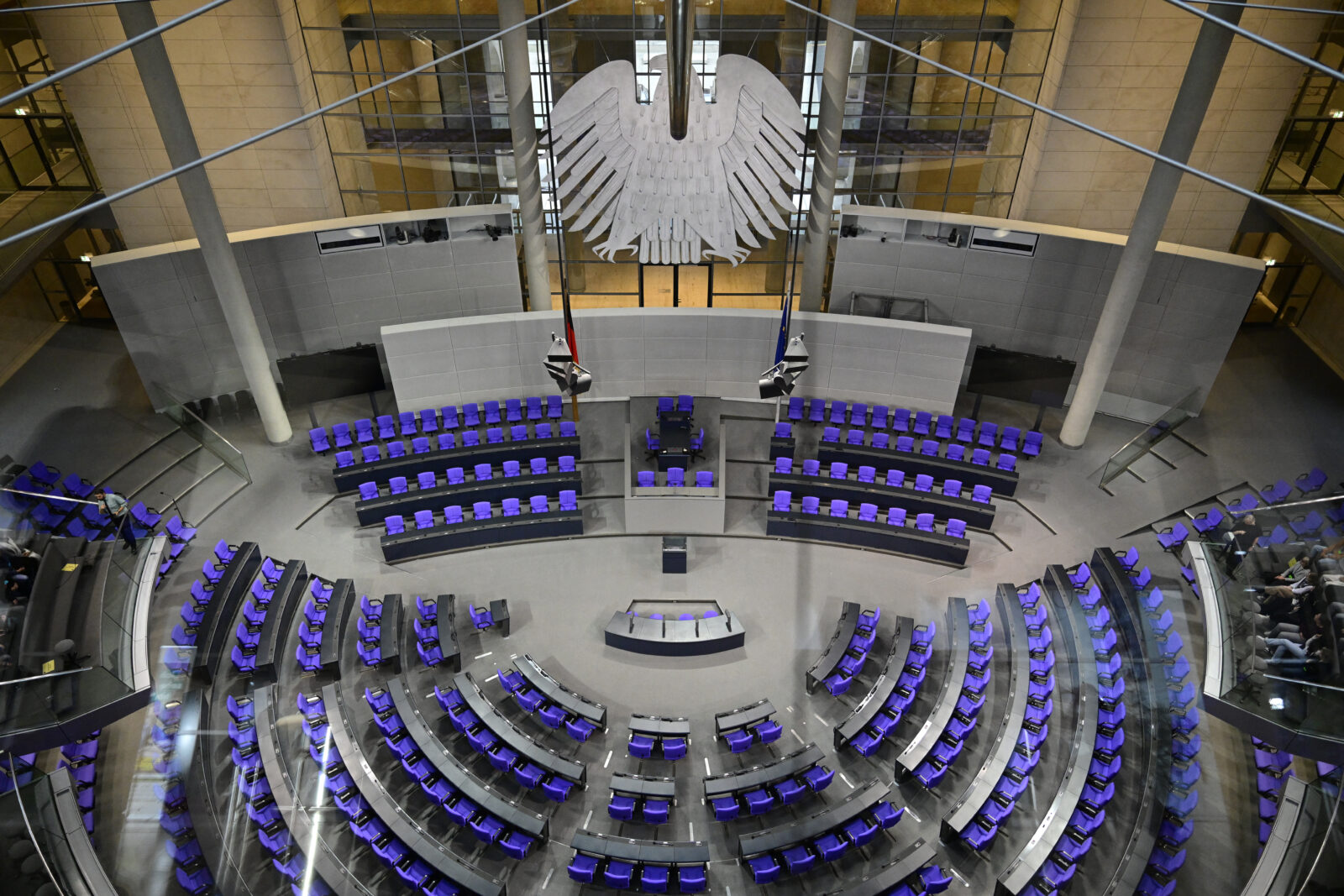German president dissolves parliament, sets election date as Feb. 23
 German President Frank-Walter Steinmeier delivers a speech on his decision to dissolve the parliament at Bellevue Palace in Berlin on December 27, 2024 (AFP Photo)
German President Frank-Walter Steinmeier delivers a speech on his decision to dissolve the parliament at Bellevue Palace in Berlin on December 27, 2024 (AFP Photo)
German President Frank-Walter Steinmeier dissolved parliament on Friday and confirmed the expected date for the early general election prompted by the collapse of Olaf Scholz‘s government last month.
“I have decided to dissolve the 20th German Bundestag to fix the date for an early election for February 23rd,” Steinmeier said in a speech, adding that “political stability in Germany is a precious asset”.

Olaf Scholz had asked the Bundestag for a vote of confidence
Dissolving parliament “now is the right way,” Steinmeier told the press in Berlin.
“In difficult times like now, stability requires an effective government and reliable majorities in parliament,” he added.
Chancellor Olaf Scholz had asked the Bundestag for a vote of confidence on Dec. 16 after the coalition made up of the Social Democrats (SPD), Greens, and Free Democrats (FDP) broke up in November after only around three years.
Scholz did not receive a majority for his motion – as he intended. He then asked Steinmeier to dissolve the Bundestag in line with Article 68 of the Constitution.
According to that article, the president can, at the suggestion of the chancellor, dissolve the Bundestag within 21 days if the latter loses the vote of confidence. Article 39 stipulates that the new election must then take place within 60 days.
Scholz’s vote of confidence was only the sixth in the history of the federal republic. The Bundestag was previously dissolved in three instances.



